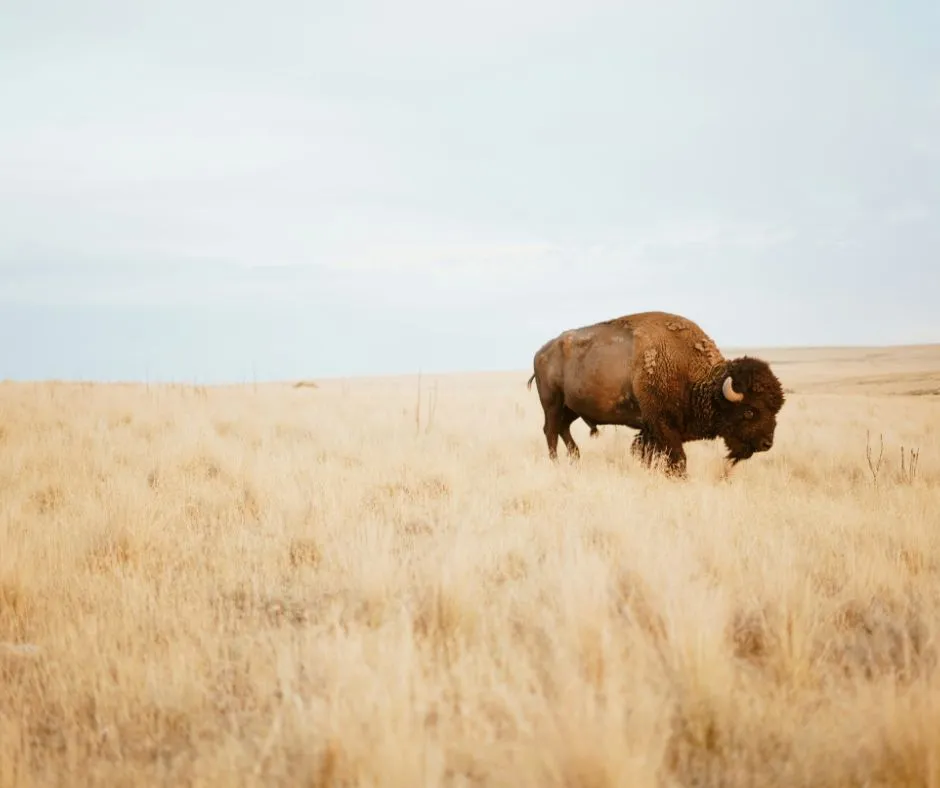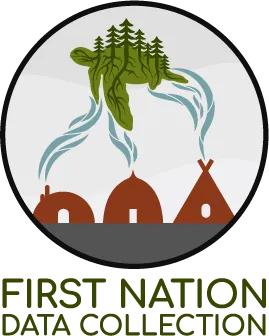About the Project
This project was completed in 2024.
The First Nation Data Collection team co-created a culturally sensitive and trauma-informed data collection toolkit that can be tailored to the unique needs of individual First Nation Communities. It allows First Nations communities across Turtle Island to better understand and address houselessness, while improving the accuracy and relevance of First Nations houselessness data.
Using storytelling and knowledge gathering, we gained insights into the complex nature of houselessness experienced by First Nations Peoples. This approach ensured that our toolkit was developed based on the lived realities and aspirations of the communities involved, both empowering them and aligning with the broader goals of the National Housing Strategy.
Our Impact
A significant focus of this project has been highlighting the resilience and strength of First Nations communities in the face of houselessness challenges. This emphasis on resilience represents a shift in perspective, acknowledging not only the adversities these communities face but also their inherent strength, wisdom, and resourcefulness in overcoming such challenges.
The project promises to influence housing policies and practices, ensuring they are more attuned to the needs of First Nations communities through the provision of accurate and culturally sensitive data. The approach has highlighted the importance of community-centric research and tool development, advocating for solutions that are deeply embedded in the unique cultural contexts of the communities.
Funders
Canada Mortgage and Housing Corporation (CMHC) Government of Canada National Housing Strategy’s Research and Planning Fund (RPF).
This project was funded in part by the Government of Canada’s Reaching Home: Canada’s Homelessness Strategy through the Community Capacity and Innovation Stream
Homelessness is a relatively new word for us. In the days of our ancestors, everyone was taken care of and had shelter and love from their families. When colonialism came, our traditional ways were deemed savage, and we were told we had to live like our colonizers….then arouse things like homelessness and hunger. As a grandmother, it hurts my heart to see individuals living on the streets and knowing they don’t have a home to go to. I am so proud of the work the Rural Development Network is doing with Indigenous People to put an end to homelessness. This is reconciliation in its finest.
Elder Eileen Black – Siksika Nation
Success Stories
The stories and knowledge shared during our community conversations deeply informed the creation of our survey, guiding us to create questions that reflect the community’s experiences with houselessness. By understanding houselessness as a tree with deep roots—symbolizing the various underlying factors and branches representing the multitude of supports needed—we designed our survey to capture both the challenges and solutions identified by community members.
Related Resources
First Nations Data Collection, Homelessness, Indigenous
The purpose of this storytelling tool is to help us take steps to improve the quality of life, housing, and basic needs within our community. Click the buttons below to download/view the resources.
View

Related Services
Shared Services
In rural communities, every dollar counts, and every hour matters. Our Shared Services model offers flexible, reliable support across multiple areas, so you can focus on serving your community, not managing administrative overload.
Learn More
Workshops & Training
Our tailored sessions cover a spectrum of essential skills and knowledge areas. We can also customize workshops and training to your needs.
Learn More
Get Support
Our dedicated team is committed to supporting rural communities to help them thrive. Connect with us to explore how we can work with you.








